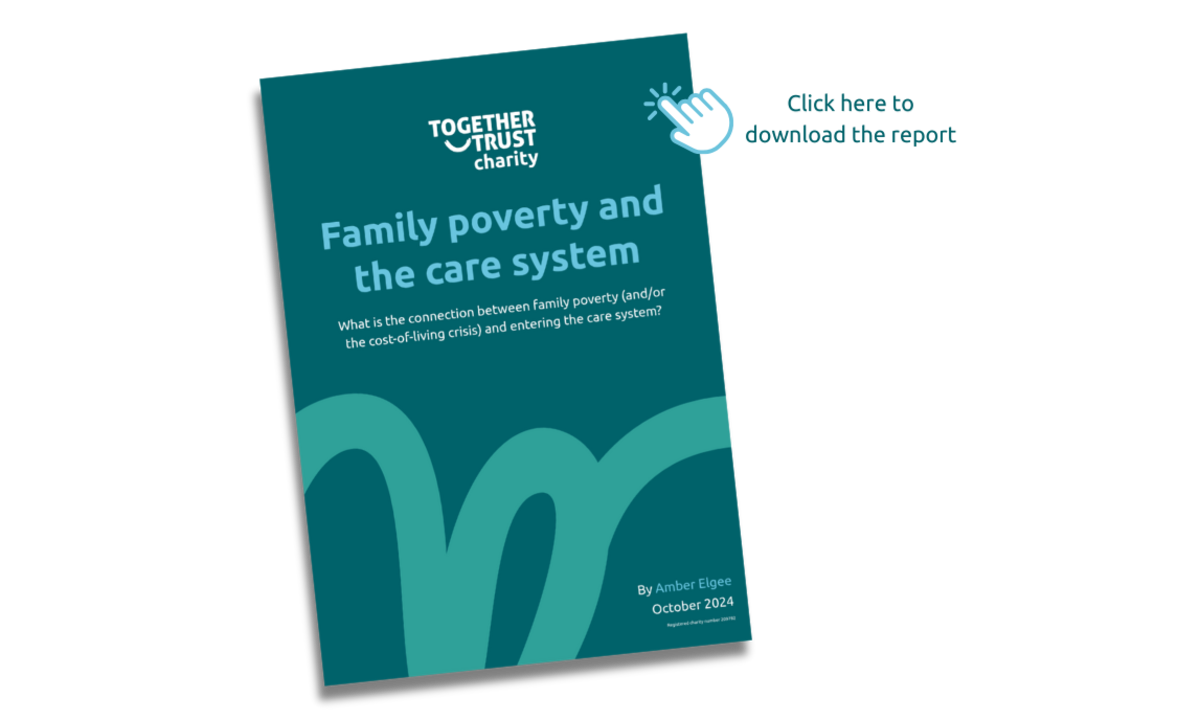Exploring the Link Between Poverty and Children Entering Care in England: Insights from Our Research Volunteer

The relationship between poverty and children entering the care system has long been underexplored in research.
While there is growing evidence suggesting that poverty plays a significant role in why children enter care, the issue is complex, involving a range of interconnected factors.
This research project, undertaken by Amber, our research volunteer, seeks to shed light on this multifaceted issue.
Over the past year and a half, Amber has been exploring the connection between poverty and the care system, examining how factors such as abuse, neglect, deprivation, education, race, health, and welfare policies are intertwined.
Her findings have helped bring clarity to some of the pressing questions surrounding the care system and the impact of poverty on children.
Key findings from the research
Research in this area is still limited, but evidence suggests that poverty is a key factor influencing why children enter care (Bennett et al., 2022; Bywaters et al., 2020; Elliott et al., 2019).
Amber's work dives deeper into this by exploring the complex factors that contribute to this link. Among these are abuse and neglect, race, gender, ethnicity, education deprivation, and the effects of government policies on welfare support.
Amber’s report also highlights how social care services’ lack of resources forces a risk-averse approach, where social workers focus on immediate problems but lack the authority to address the larger social and economic issues. This ultimately impacts child welfare interventions and neglects the underlying poverty factors that drive children into care.
Recommendations for policy change
Amber’s report doesn’t just stop at identifying the challenges. It also provides clear recommendations for improving both the care system and the policies that influence it:
- Reframing Poverty: Poverty must be acknowledged as a primary driver behind children entering care, not just a contextual factor.
- Support Systems: Local Authorities (LAs) need better resources to address housing, food insecurity, and economic needs. These are crucial to reducing the number of children entering care.
- Education: Strategies must be developed to enhance the educational aspirations of both parents and children, while also ensuring children in care have access to appropriate schooling.
- Abolishing Harmful Policies: Amber’s research highlights the negative impact of punitive policies like the two-child limit and benefits cap, calling for their removal to prevent further child poverty.
- Cost-of-Living Crisis: Long-term solutions must be implemented to address the rising costs of living, which are pushing more families into poverty.
The path forward
Amber’s work has been instrumental in advancing our understanding of how poverty and the care system intersect. Her report calls for a shift in the way we approach child welfare and offers practical solutions that could improve the lives of children and families in need.
Her work with Together Trust not only highlights the need for systemic change but also underscores the importance of ongoing research and advocacy to inform better policies.
If her recommendations are implemented, we could see a more supportive and equitable system that helps families before they reach a crisis point.
This research project is a step towards raising awareness, identifying gaps in the existing literature, and proposing meaningful changes to improve the care system and address child poverty.






